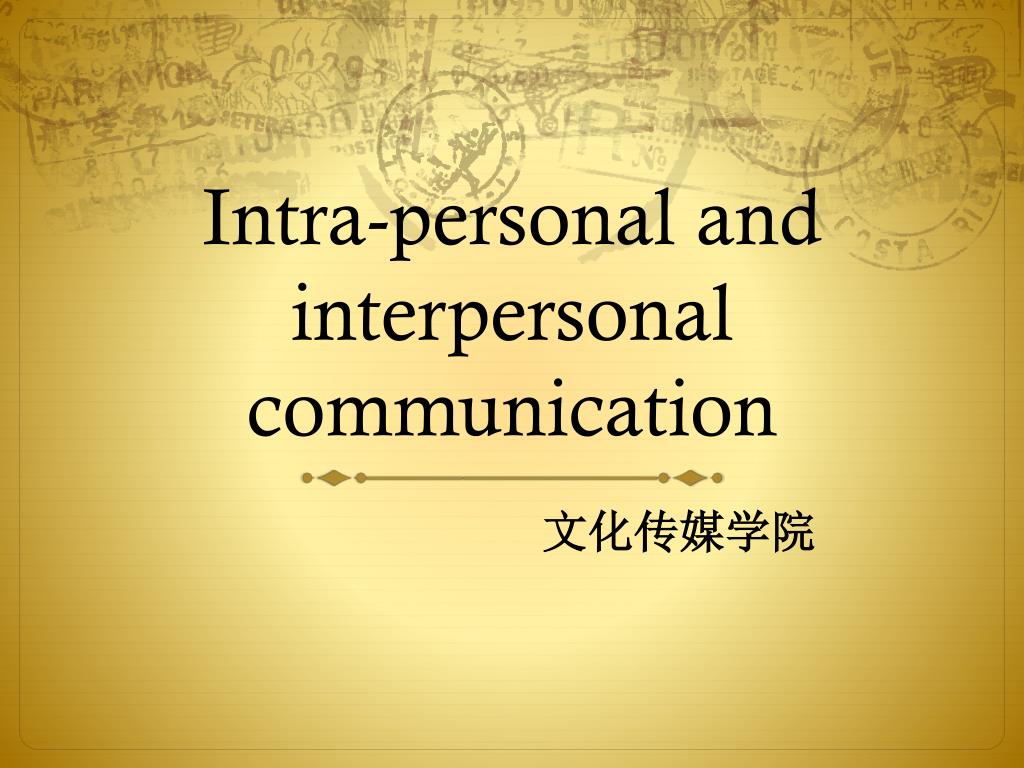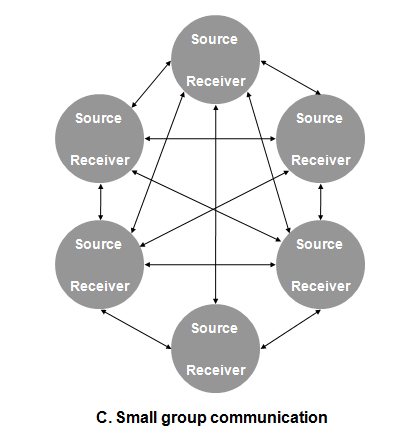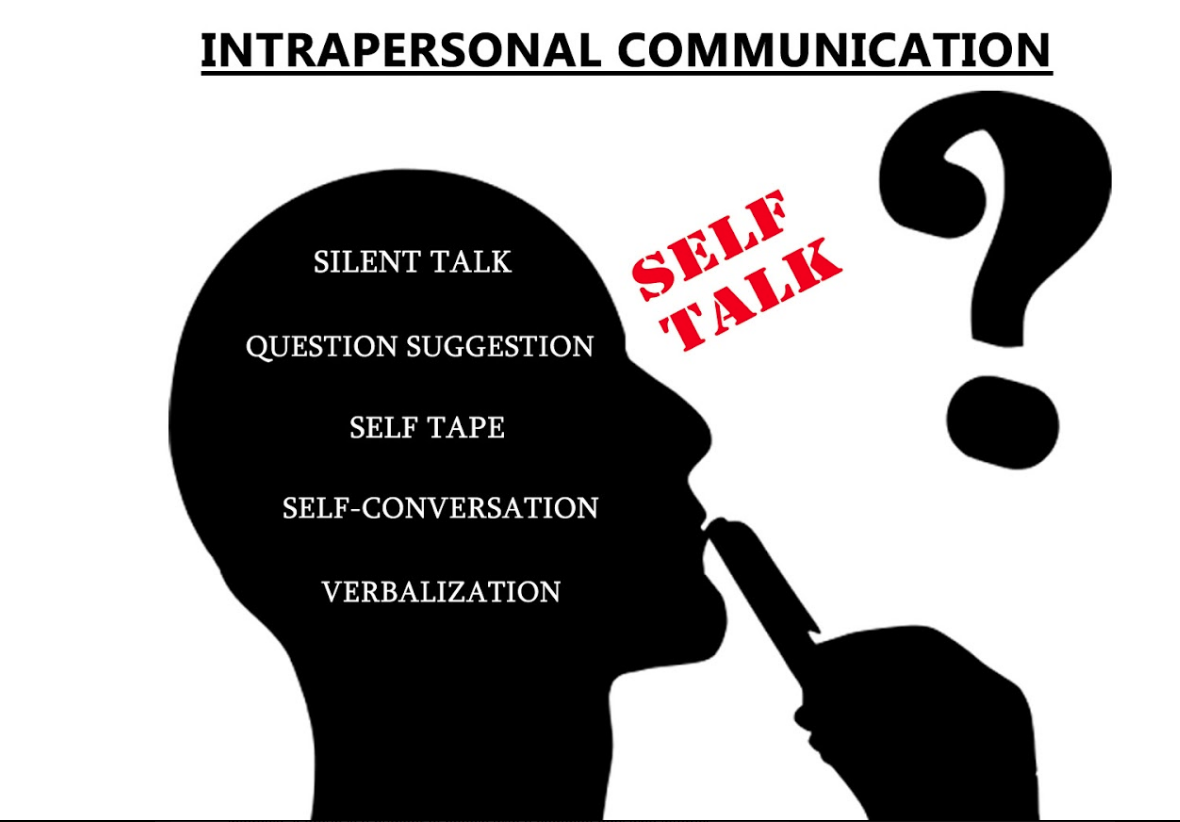Intra and interpersonal communication are two forms of communication that are essential for human interaction and relationships. Intra communication refers to communication that occurs within an individual, while interpersonal communication refers to communication between two or more individuals. Both forms of communication play a crucial role in how we perceive and interact with the world around us.
Intra communication involves the thoughts, feelings, and emotions that an individual experiences and expresses. It is the internal process by which we make sense of our experiences and communicate them to ourselves. Intra communication is essential for self-awareness and self-regulation, as it allows us to understand our own emotions and thoughts and to make decisions based on this understanding.
Interpersonal communication, on the other hand, refers to the exchange of thoughts, feelings, and emotions between individuals. It is the process by which we communicate with others and build relationships. Interpersonal communication involves verbal and nonverbal cues, such as facial expressions, body language, and tone of voice. It can be face-to-face, as well as through electronic means, such as phone calls, text messages, and social media.
Effective intra and interpersonal communication is essential for a variety of reasons. It allows us to connect with others and form meaningful relationships, as well as to express our needs, wants, and desires. It also helps us to resolve conflicts and misunderstandings, and to negotiate and compromise. In addition, effective communication can improve teamwork and collaboration, as well as help us to better understand and relate to others.
There are several factors that can affect intra and interpersonal communication. One important factor is culture, as different cultures have different norms and expectations for communication. For example, some cultures place a greater emphasis on nonverbal communication, while others rely more on verbal communication. In addition, individual differences, such as personality, can affect how we communicate with others.
Effective communication requires skill and practice. It is important to be aware of your own thoughts and emotions, as well as those of others, and to communicate in a clear and respectful manner. This may involve active listening, being aware of nonverbal cues, and using appropriate language. It is also important to be open to feedback and to make an effort to understand the perspective of others.
In conclusion, intra and interpersonal communication are essential for human interaction and relationships. Effective communication requires skill and practice, and is crucial for building and maintaining meaningful connections with others. Understanding and effectively utilizing these forms of communication can greatly enhance our personal and professional lives.







